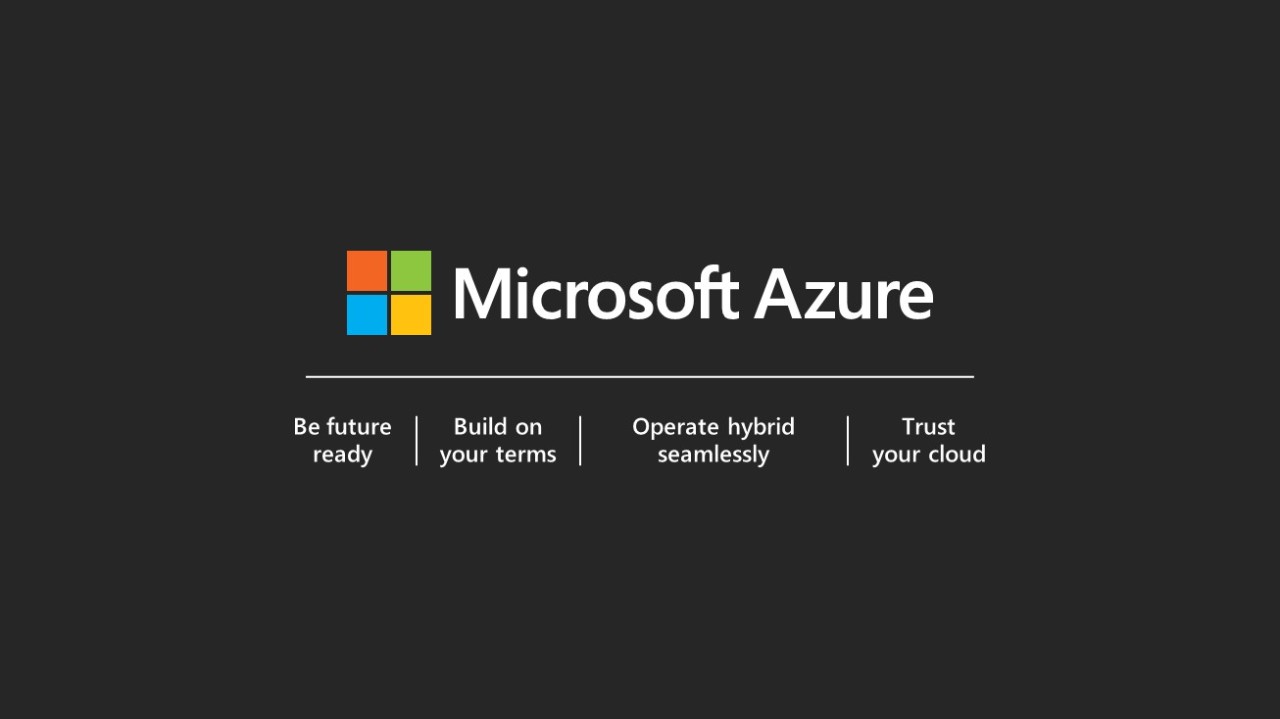Why Azure Cloud Management Is the Secret Weapon of Top Enterprises

Strong 8k brings an ultra-HD IPTV experience to your living room and your pocket.
In today’s fast-paced digital economy, enterprises need agile, secure, and scalable cloud solutions to stay ahead. Microsoft Azure has emerged as a leading cloud platform, offering unmatched flexibility, AI-driven insights, and enterprise-grade security. Top-performing businesses rely on Azure Cloud Management to optimize operations, reduce costs, and accelerate innovation.
But what makes Azure the secret weapon of industry leaders? This article explores the key advantages of Azure Cloud Management, including automation, hybrid cloud capabilities, security compliance, and AI integration, that give enterprises a competitive edge.
1. Unmatched Scalability and Flexibility
One of Azure’s biggest strengths is its elastic scalability, allowing businesses to adjust resources on demand. Whether handling seasonal traffic spikes or expanding globally, enterprises can:
Scale up or down instantly with Azure Virtual Machines and Kubernetes.
Leverage serverless computing (Azure Functions) to run code without managing infrastructure.
Deploy globally across 60+ regions, ensuring low-latency performance.
For example, a retail giant like Walmart uses Azure to handle Black Friday traffic surges without downtime. This flexibility ensures enterprises never overpay for unused capacity while maintaining peak performance.
2. Advanced Security and Compliance
Security is a top concern for enterprises migrating to the cloud. Azure provides military-grade security with:
Zero Trust Architecture: Multi-factor authentication (MFA) and conditional access policies.
Encryption at Rest & in Transit: Azure Key Vault and Azure Disk Encryption protect sensitive data.
Compliance Certifications: Meets GDPR, HIPAA, ISO 27001, and FedRAMP standards.
Companies like Siemens and GE Healthcare trust Azure for secure data handling in highly regulated industries. Microsoft invests over $1 billion annually in cybersecurity, making Azure one of the most secure cloud platforms.
3. AI and Machine Learning Integration
Azure’s AI-powered tools help enterprises automate processes and gain data-driven insights:
Azure AI Services: Pre-built models for vision, speech, and language processing.
Azure Machine Learning: Simplifies AI model training and deployment.
Cognitive Search: Enhances data discovery with natural language processing.
For instance, BMW uses Azure AI to optimize manufacturing processes, while Starbucks leverages predictive analytics for personalized customer recommendations. These AI capabilities give businesses a competitive advantage in automation and decision-making.
4. Cost Optimization with Azure Arc and Hybrid Cloud
Enterprises often struggle with cloud cost management. Azure provides tools to optimize spending:
Azure Cost Management: Tracks and allocates cloud expenses in real time.
Reserved Instances: Up to 72% savings compared to pay-as-you-go pricing.
Hybrid Cloud with Azure Arc: Manage on-premises, multi-cloud, and edge environments from a single dashboard.
Companies like SAP and FedEx use Azure’s hybrid solutions to seamlessly integrate legacy systems with cloud-native apps, reducing migration costs. Microsoft Azure Solutions
5. Automation and DevOps Efficiency
Manual IT processes slow down innovation. Azure automates workflows with:
Azure DevOps: CI/CD pipelines for faster software delivery.
Azure Automation: Scripting and runbook automation for repetitive tasks.
Infrastructure as Code (IaC): Deploy resources using ARM templates or Terraform.
Netflix, for example, uses Azure DevOps to streamline content delivery, ensuring seamless updates for millions of users.
6. Disaster Recovery and Business Continuity
Downtime can cost enterprises millions per hour. Azure ensures resilience with:
Azure Site Recovery: Automates failover during outages.
Geo-Redundant Storage (GRS): Data replicated across multiple regions.
99.99% Uptime SLA: Guaranteed reliability for critical workloads.
Financial institutions like J.P. Morgan rely on Azure’s disaster recovery to prevent data loss during disruptions.
7. Seamless Integration with Microsoft Ecosystem
Enterprises using Microsoft 365, Dynamics 365, or Power BI benefit from native Azure integration:
Single Sign-On (SSO): Secure access across Microsoft apps.
Power Platform: Build low-code apps with Azure data.
Synapse Analytics: Unified analytics for big data.
Coca-Cola uses Azure and Power BI to analyze global sales trends in real time.
Conclusion:
Azure Cloud Management = Competitive Advantage
Top enterprises choose Azure Cloud Management for its scalability, security, AI, cost efficiency, and automation. By leveraging Azure’s tools, businesses can innovate faster, reduce risks, and stay ahead of competitors.
As cloud adoption grows, Azure’s continuous advancements in AI, hybrid cloud, and cybersecurity ensure it remains the secret weapon of industry leaders.
Is your enterprise maximizing Azure’s potential? If not, now is the time to harness its power.
Key Takeaways
✔ Scalability: Adjust resources dynamically to meet demand.
✔ Security: Enterprise-grade protection with compliance certifications.
✔ AI & Automation: Drive efficiency with machine learning and DevOps.
✔ Cost Control: Optimize spending with hybrid cloud and reserved instances.
✔ Disaster Recovery: Ensure business continuity with Azure’s resilient architecture.
By adopting Azure Cloud Management, enterprises unlock innovation, agility, and long-term growth—making it the ultimate cloud strategy for success.
Note: IndiBlogHub features both user-submitted and editorial content. We do not verify third-party contributions. Read our Disclaimer and Privacy Policyfor details.



